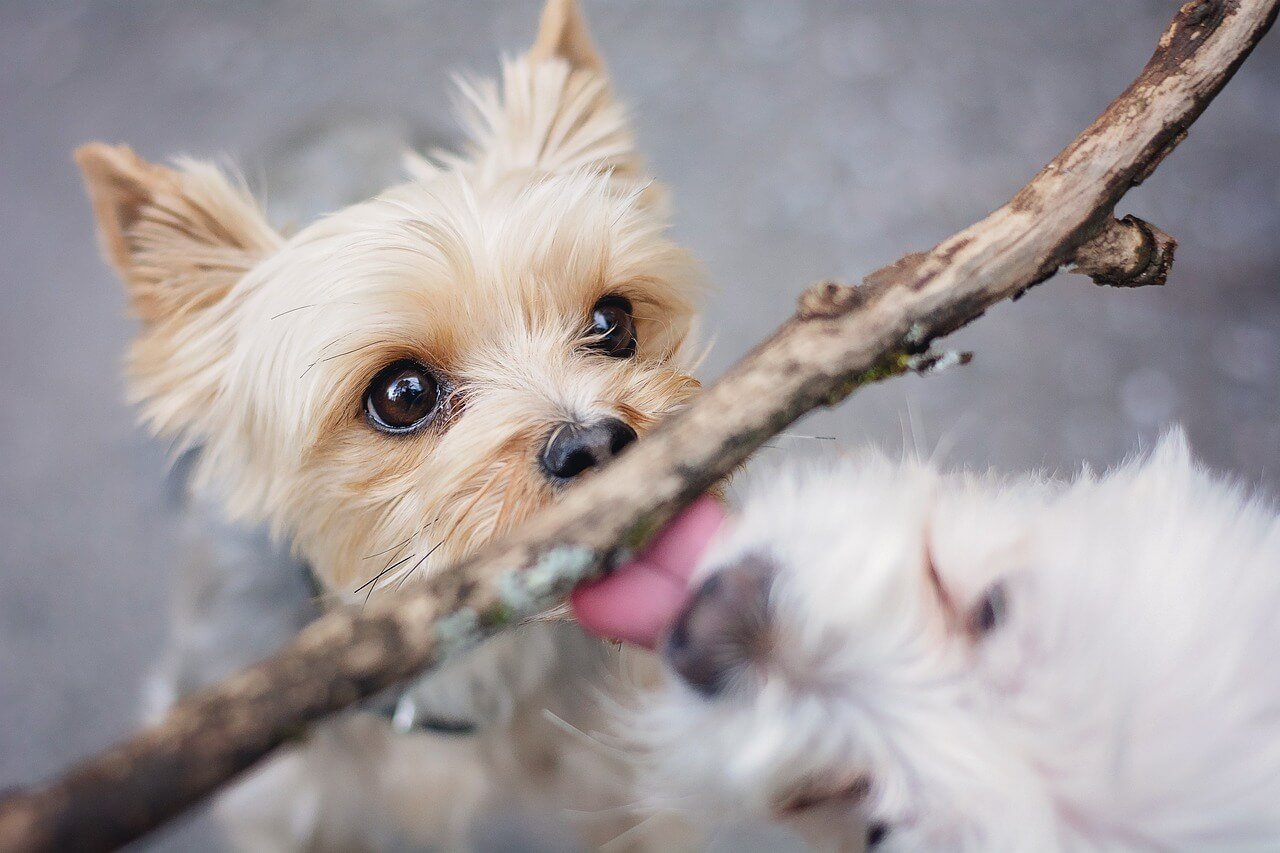Understanding Dog Intestinal Blockage Surgery Costs
When it comes to our beloved furry companions, their health is always a top priority. Unfortunately, dogs are naturally curious creatures, and this curiosity can sometimes lead to serious health issues, such as intestinal blockages. Whether it’s a swallowed toy, a piece of clothing, or even a small household item, these foreign objects can wreak havoc on your dog’s digestive system. In severe cases, surgery may be the only solution to remove the obstruction and restore your pet’s health. But how much does dog intestinal blockage surgery cost? This blog post will explore the factors influencing the price, what to expect during the procedure, and ways to manage the financial burden.
Factors Influencing the Cost of Dog Intestinal Blockage Surgery
The cost of surgery for a dog intestinal blockage can vary significantly depending on several factors. Understanding these elements can help you prepare for the expenses involved. Below is a breakdown of the key considerations:
Severity of the Blockage
Blocked intestines can range from mild to life-threatening. A minor obstruction may require less invasive procedures, while a severe case could involve complex surgery.Size and Breed of the Dog
Larger breeds often require more anesthesia and surgical materials, which can increase costs. Smaller dogs might have different risks and procedural needs.Location of the Veterinary Clinic
Clinics in urban areas or regions with higher living costs tend to charge more for surgeries compared to rural locations.Veterinarian Expertise
Highly skilled surgeons or specialists may charge more for their services, but their expertise can also improve the chances of a successful outcome.Additional Treatments Needed
If complications arise, such as infection or damage to the intestines, additional treatments like medications or hospital stays may be necessary.
In conclusion, understanding these factors can help you anticipate the potential costs and make informed decisions about your dog’s care.
Average Cost Range for Dog Intestinal Blockage Surgery
While the exact cost of surgery can vary, having a general idea of the price range can help you plan financially. Here’s an overview of what you might expect:
Basic Surgical Procedure
A straightforward surgery without complications typically costs between 1,500and3,000.Emergency Surgeries
If the blockage is life-threatening and requires immediate attention, emergency surgeries can cost upwards of $5,000.Diagnostic Tests
X-rays, ultrasounds, and blood work are often needed to diagnose the blockage, adding 200to800 to the total cost.Post-Surgical Care
Medications, follow-up visits, and potential hospital stays can add another 500to1,500 to the bill.Geographical Variations
Costs can differ by region, with surgeries in cities like New York or Los Angeles being more expensive than in smaller towns.
By familiarizing yourself with these ranges, you can better prepare for the financial commitment required to ensure your dog’s recovery.
Check this guide 👉Top 5 Best Dog Recovery Suits for Accelerated Healing!
Check this guide 👉Understanding Dog Stomach Anatomy: Best 7 Health Tips!

Factor Affecting Cost | Estimated Expense USD |
|---|---|
Basic surgical procedure | 1,500–3,000 |
Emergency surgeries | 4,000–6,000 |
Diagnostic tests (X-rays, etc.) | 200–800 |
Post-surgical care | 500–1,500 |
Regional cost differences | Varies by location |
Ways to Manage the Financial Burden of Surgery
Facing a high veterinary bill can be stressful, but there are several strategies to help manage the costs. Here are some practical options to consider:
Pet Insurance
Investing in pet insurance before an emergency occurs can significantly reduce out-of-pocket expenses. Many plans cover surgeries and diagnostic tests.Payment Plans
Some veterinary clinics offer payment plans or financing options to help spread the cost over time.CareCredit
This specialized credit card is designed for medical expenses, including veterinary care, and often offers interest-free periods.Crowdfunding
Platforms like GoFundMe can be a way to raise funds from friends, family, and the community to cover unexpected veterinary bills.Charitable Organizations
Certain nonprofits provide financial assistance to pet owners facing high veterinary costs. Research local and national organizations for support.
By exploring these options, you can alleviate some of the financial stress and focus on your dog’s recovery.
Preventing Future Intestinal Blockages
Prevention is always better than cure. Taking proactive steps can help minimize the risk of your dog experiencing another intestinal blockage. Here are some effective measures:
Supervise Playtime
Keep an eye on your dog during play to ensure they don’t swallow small toys or objects.Dog-Proof Your Home
Store items like socks, strings, and small household objects out of reach to prevent accidental ingestion.Provide Safe Chew Toys
Choose durable chew toys that are less likely to break into small, swallowable pieces.Monitor Dietary Habits
Avoid feeding your dog bones or other foods that could splinter or cause obstructions.Regular Vet Check-Ups
Routine visits to the vet can help catch potential issues early and keep your dog in optimal health.
By implementing these preventive measures, you can reduce the likelihood of future blockages and protect your dog’s well-being.
Signs Your Dog May Have an Intestinal Blockage
Recognizing the symptoms of an intestinal blockage early can make a significant difference in your dog’s recovery. Here are some common signs to watch out for:
Vomiting
Frequent vomiting, especially shortly after eating, can indicate a blockage in the digestive tract.Loss of Appetite
A sudden refusal to eat or lack of interest in food may suggest discomfort or pain caused by an obstruction.Lethargy
If your dog seems unusually tired or unwilling to engage in normal activities, it could be a sign of internal distress.Straining During Bowel Movements
Difficulty passing stool or producing small amounts of feces may point to a blockage.Abdominal Swelling or Pain
A bloated or tender abdomen is often a red flag for gastrointestinal issues.
By staying vigilant and recognizing these symptoms early, you can seek prompt veterinary care and potentially avoid the need for surgery.
Post-Surgery Care Tips for Your Dog
After intestinal blockage surgery, proper care is crucial to ensure a smooth recovery. Here are some essential tips to help your dog heal effectively:
Follow Medication Instructions
Administer all prescribed medications, such as antibiotics or pain relievers, exactly as directed by your vet.Limit Physical Activity
Restrict your dog’s movement and playtime to prevent strain on the surgical site during the healing process.Monitor the Incision Site
Check the surgical wound daily for signs of infection, such as redness, swelling, or discharge.Provide a Calm Environment
Create a quiet, stress-free space where your dog can rest and recover without disturbances.Gradual Reintroduction of Food
Start with bland, easily digestible meals and slowly transition back to their regular diet as advised by the vet.
By following these post-surgery care guidelines, you can support your dog’s recovery and reduce the risk of complications.
Common Household Items That Cause Intestinal Blockages
Dogs are notorious for chewing and swallowing objects they shouldn’t, which can lead to dangerous intestinal blockages. Here are some everyday items that pose a risk:
Toys and Small Objects
Chewed-up toys, balls, or small parts can easily become lodged in a dog’s intestines.Clothing Items
Socks, underwear, and other fabric pieces are common culprits, especially for dogs who enjoy chewing on laundry.Rubber Bands and Hair Ties
These small, flexible items can be swallowed accidentally and cause obstructions.Bones and Dental Chews
While intended for dogs, bones and hard chews can splinter or break into pieces that are difficult to pass.Household Trash
Food wrappers, foil, and other trash items can attract curious dogs and lead to ingestion.
By keeping these items out of reach and supervising your dog closely, you can significantly reduce the risk of intestinal blockages and keep your pet safe.
Frequently Asked Questions About Dog Intestinal Blockage Surgery Costs
How much does dog intestinal blockage surgery typically cost?
The cost usually ranges from 1,500 to 5,000usd, depending on the severity and location.
Is surgery always necessary for intestinal blockages?
Not always. In mild cases, the blockage may pass naturally, but surgery is often required for severe obstructions.
Does pet insurance cover intestinal blockage surgery?
Many pet insurance plans cover surgeries, but it depends on the policy and whether the issue is pre-existing.
What happens if I delay surgery for my dog’s blockage?
Delaying treatment can lead to complications like tissue damage, infection, or even death.
Can I negotiate the cost of surgery with my vet?
Some vets may offer discounts or payment plans, so it’s worth discussing your financial situation with them.
Final Thoughts on Managing Dog Intestinal Blockage Surgery Costs
Dealing with a dog intestinal blockage can be emotionally and financially challenging, but understanding the costs and available resources can make the process smoother. By preparing for the expenses, exploring financial aid options, and taking preventive measures, you can ensure your furry friend receives the best possible care. Remember, your dog’s health and happiness are priceless, and investing in their well-being is always worth it. Stay informed, stay prepared, and cherish every moment with your loyal companion.
Pemphigus Erythematosus in Cats: Best 7 Expert Tips! – Learn to recognize symptoms, manage flare-ups, and improve your cat’s quality of life.
Pemphigus Erythematosus in Dogs: Best 7 Expert Tips! – Discover causes, symptoms, and treatment options to manage this autoimmune skin condition effectively.
Cat Tympanic Membrane: Best 7 Expert Tips! – Learn how to protect your cat’s eardrum, spot issues early, and ensure lifelong auditory health.
Dog Tympanic Membrane: Best 7 Expert Tips! – Learn how to protect your dog’s eardrum, spot issues early, and ensure lifelong ear health with expert advice.





